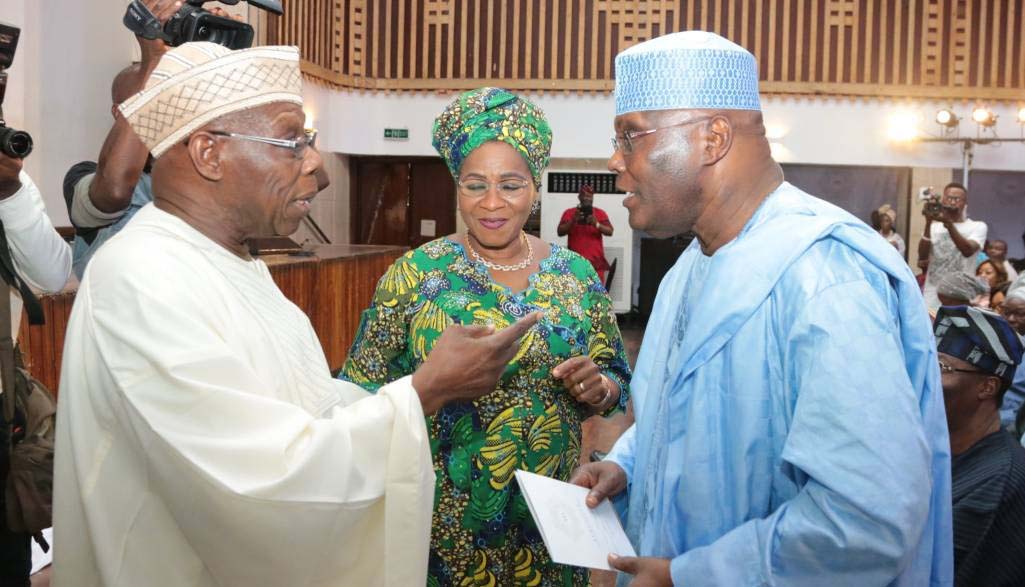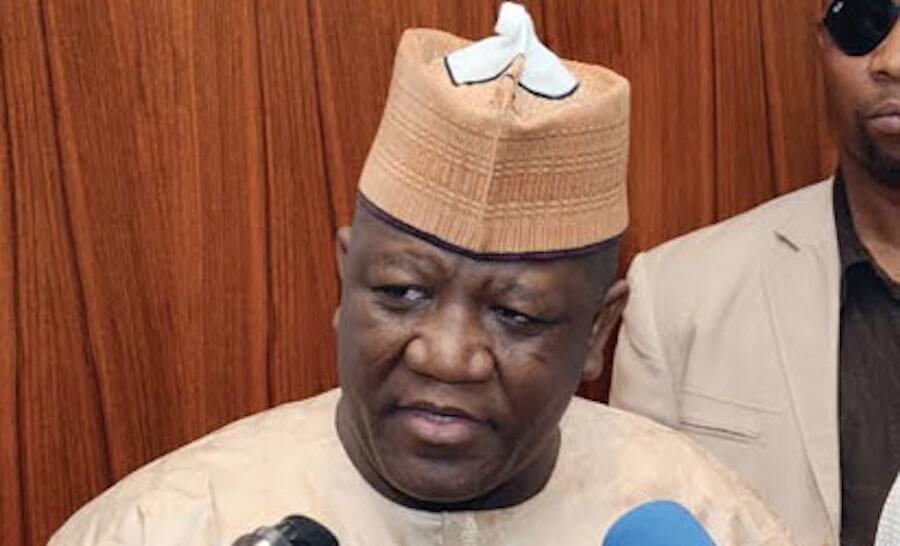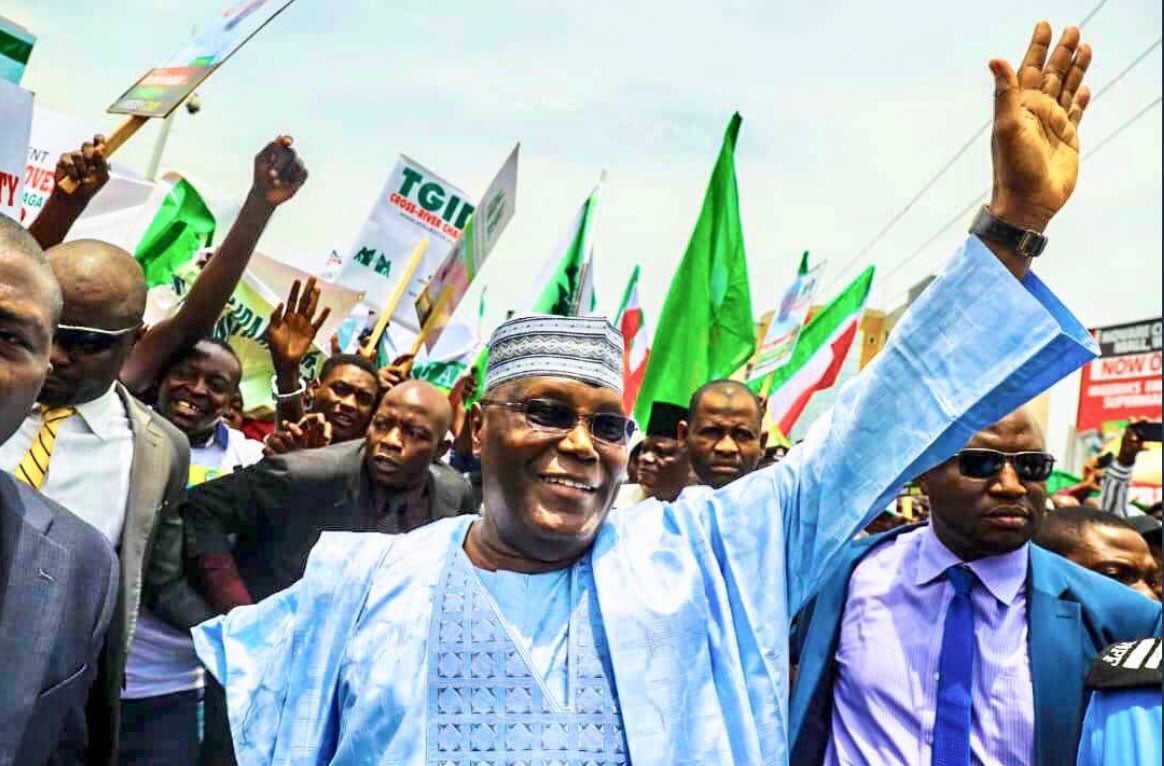Lukman Otunuga, research analyst at FXTM, a firm which specialises in forex trading, says Nigeria may experience growth in the third quarter of the year, despite “gloomy predictions” made by the International Monetary Fund (IMF).
On Tuesday, the Bretton Woods Institution had revised Nigeria’s economic growth from 2.1 percent in 2018 to 1.9 percent, saying the country is not performing up to its full potential.
In this interview with TheCable, the macroeconomic analyst said the sustained increase in oil prices and the stability of the naira in the foreign exchange market could turn the country’s fortunes around.
He also gave clarity to key issues related to a plan by Pakistan to approach the IMF for a financial bailout in the face of one of the worst economic crises the South Asian country has faced in recent times.
Advertisement
TheCable: Nigeria’s growth rate in 2018 was revised downward from 2.1 percent to 1.9 percent with sluggish growth in 2019 forecast, what is your assessment of this?
Otunuga: The IMF’s gloomy growth projections for the Nigerian economy is based on trade tensions and stress in emerging markets weighing heavily on global sentiment. Although Nigeria’s weak GDP growth in Q2 raised some fears over the economy, there is still some light at the end of the tunnel. With global oil prices rallying to multi-year highs and the Naira witnessing stability against the Dollar in foreign exchange, Q3 growth could offer a pleasant surprise. It will be interesting to see if the central bank of Nigeria is able to cut interest rates before the end of 2018 in an effort to support growth.
TheCable: What does Pakistan stand to gain in undertaking an IMF-backed programme?
Advertisement
Otunuga: The IMF-backed programme may be the bitter pill the Pakistan economy needs, especially when considering how concerns remain elevated over the nation defaulting on foreign payments.
While the funds Pakistan will receive from the IMF could prevent the nation from descending into a crisis, this is the second time Pakistan has requested a bailout in five years.
The longer-term impacts from the conditions needed to receive the IMF’s assistance range from higher inflation and unemployment, which is negative for economic growth prospects.
TheCable: Some analysts are of the opinion that the recent devaluation of the Pakistani Rupee may help the country meet the IMF’s criterion for a new bailout. Others question that decision, saying that it will push inflation and increase the cost of credit without helping the country’s exports as expected, what’s your take on this?
Advertisement
Otunuga: The sharp depreciation witnessed in the Pakistani Rupee could be a double-edged sword. While the repeated weakness may support the nation’s efforts to meet the IMF’s conditions for a new bailout, it may end up impacting growth in the medium to longer term. A weak Pakistani Rupee is likely to translate to expensive imports which inevitably will create inflationary pressures and lead to fewer jobs. Such a scenario could see moderate economic growth in 2019 and possibly even slower in the coming years.
Add a comment






